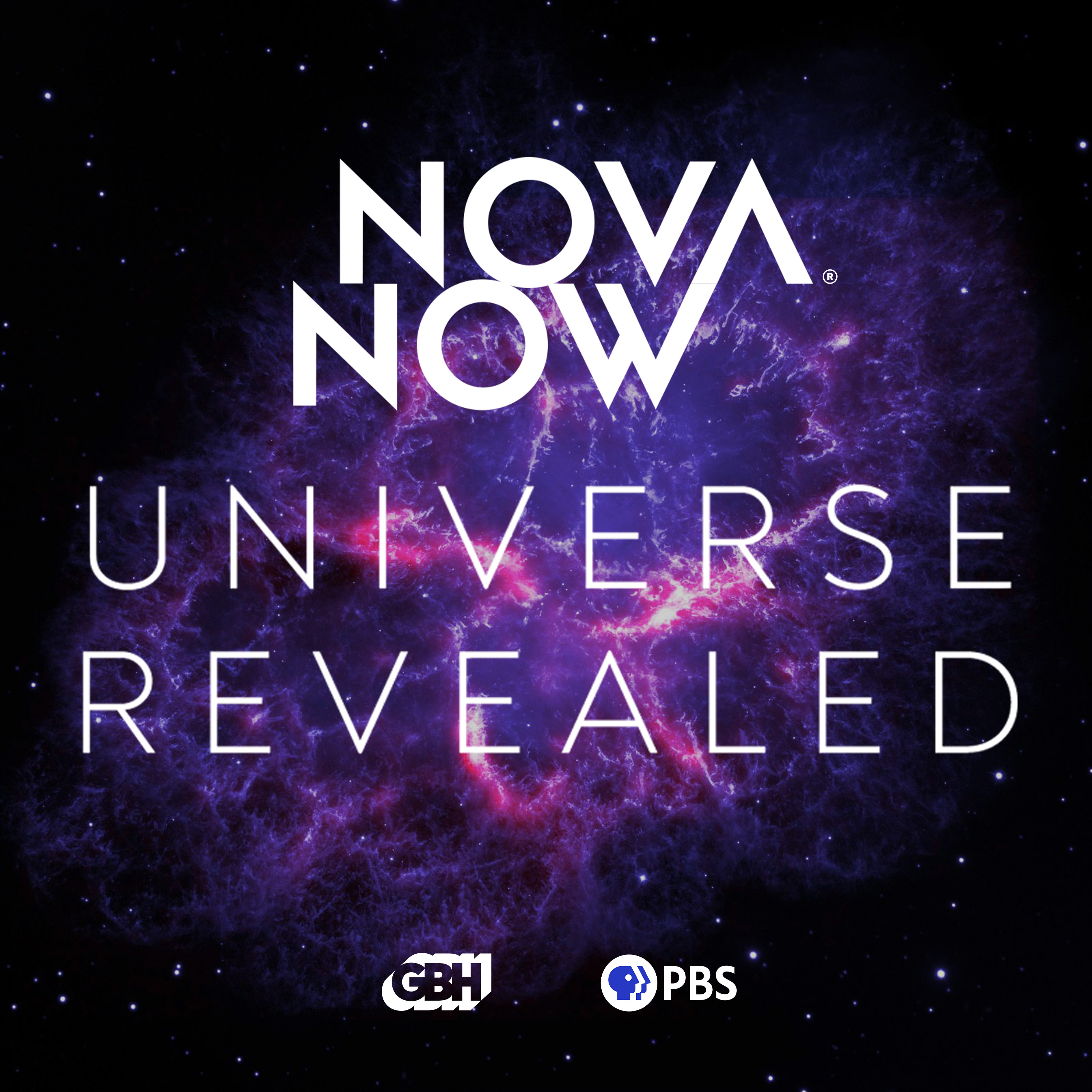

For tens of thousands of years, humans have pondered eternal questions like “How does our world even exist?” and “Where did we come from?” Now, more than ever, scientists are finding answers within the Big Bang theory. About 13.8 billion years ago, in a fraction of a fraction of a second, the universe expanded into being. The event, astronomers believe, was less of an explosion than a transformation of energy into matter: As this so-called inflation slowed, it gave way to matter, radiation, and all we know today. But more questions loom.
To learn how scientists came up with the Big Bang theory, Dr. Alok Patel hears from a physicist and a cosmologist about the forces that shaped our early universe and the tools researchers use to peer back in time. And, he learns what scientists’ understanding of the universe’s origins can tell us about its ultimate end.
Learn more about NOVA and subscribe to our YouTube channel.
More Episodes
All Episodes>>Create Your Podcast In Minutes
- Full-featured podcast site
- Unlimited storage and bandwidth
- Comprehensive podcast stats
- Distribute to Apple Podcasts, Spotify, and more
- Make money with your podcast












